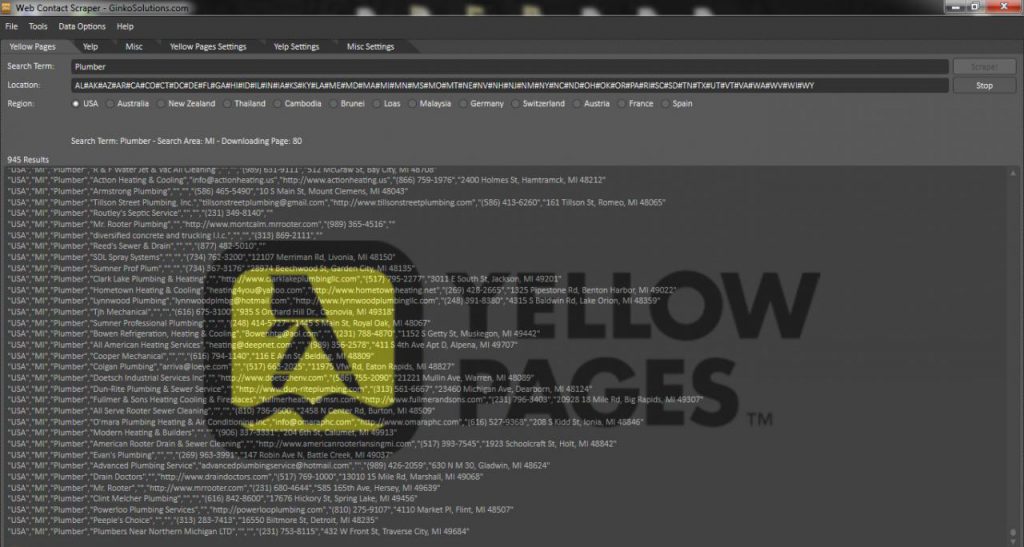

This type of partnership is a two-way street. Mentorship Enhances Local Capacity Building As a result, a local partner that provides conservation grants with its own funding aligned its strategy and technical approach with the Activity, thereby augmenting USAID-funded work and ensuring the approach, and its results, will continue after SIBOL ends.

From the start of the USAID Sustainable Interventions for Biodiversity, Oceans, and Landscapes (SIBOL) Activity, consortium partners worked as one team to jointly develop the proposal strategy and determine how best to leverage each other’s strengths. In the Philippines, this approach is building a stronger, more sustainable effort to protect biodiversity. For example, we’ve partnered with Chem Chem Association, a local ecotourism business, to support their innovative take on conservation, which includes decreasing poaching while increasing economic growth for local communities. In fact, in Tanzania, this has led to stronger conservation and economic impact. We need them engaging with them is not just altruism for us. The only way we are going to be successful and present strong solutions is to integrate the ideas, feedback, insights, and experience of local partners. But we cannot know everything about every place in the world. Integrating Localization for Global Conservation SolutionsĪs a global organization, RTI has deep knowledge and experience in development and implementing programs around the world. This had not been their experience in the past. Local partners were shocked that we wanted to hear their thoughts and ideas. This March, I traveled to Colombia with a colleague for a baseline solutioning exercise, and the response was telling. Through this process, we identify grounded solutions as well as prospective partners for the project. When developing proposals, we conduct what we call “baseline solutioning” with local communities: We go to the country, sit down with potential partners and project personnel, and discuss needs, challenges, and opportunities. RTI prioritizes engaging local organizations in our environment and conservation work because we’ve seen how it yields better results.

How Localization Works - Local Connections Lead to Stronger Projects In the environment sector, where I spend my time, we’ve put this approach to localization into practice and seen incredible results: from elevating innovative approaches to conservation in Tanzania to sustainably protecting biodiversity in the Philippines. Together, we achieve more lasting progress. In exchange, we help them build capacity where they need it so they can be in a better position to directly work with USAID and their own governments in the future. We can’t be effective without leveraging and integrating their capabilities, networks, and ideas into our projects. Also known as “localization,” it’s an issue that the development world increasingly grapples with as major funders like USAID strive to direct more funding to local organizations, who often begin their journey working with the agency as sub-grantees.Īt RTI, we see partnering with local organizations as a win-win.
#GET LOCALIZER LEADS TOOL HOW TO#
How to do so-particularly within a global development industry full of rules and regulations that differ depending on funder-is an ongoing challenge and was a topic of discussion at the event. Promoting Localization in the Environment Sector Yet, they bring valuable perspectives, services, and networks to bear that make development projects – and their impact – stronger and more sustainable.Įlevating and supporting these organizations and their ideas requires new and intentional approaches by funders and implementing organizations alike. `2.GetTableLoadTable ( tableReference, locale) (at ( tableReference, locale) (at ( tableReference, tableEntryReference, locale) (at ( tableReference, tableEntryReference, locale, System.Object arguments) (at (`1 op) (at () (at () (at ( this month I took part in a panel discussion hosted by Connective Impact to share best practices with organizations looking to partner with USAID as sub-grantees.įor the unfamiliar, sub-grantees are often small and have limited, if any, experience working directly with USAID or other funding organizations. NullReferenceException: Object reference not set to an instance of an object
#GET LOCALIZER LEADS TOOL CODE#
I get a nice stacktrace of code that crashes. Hmm, I tested to see if the code works at all, but, if I do a simple


 0 kommentar(er)
0 kommentar(er)
